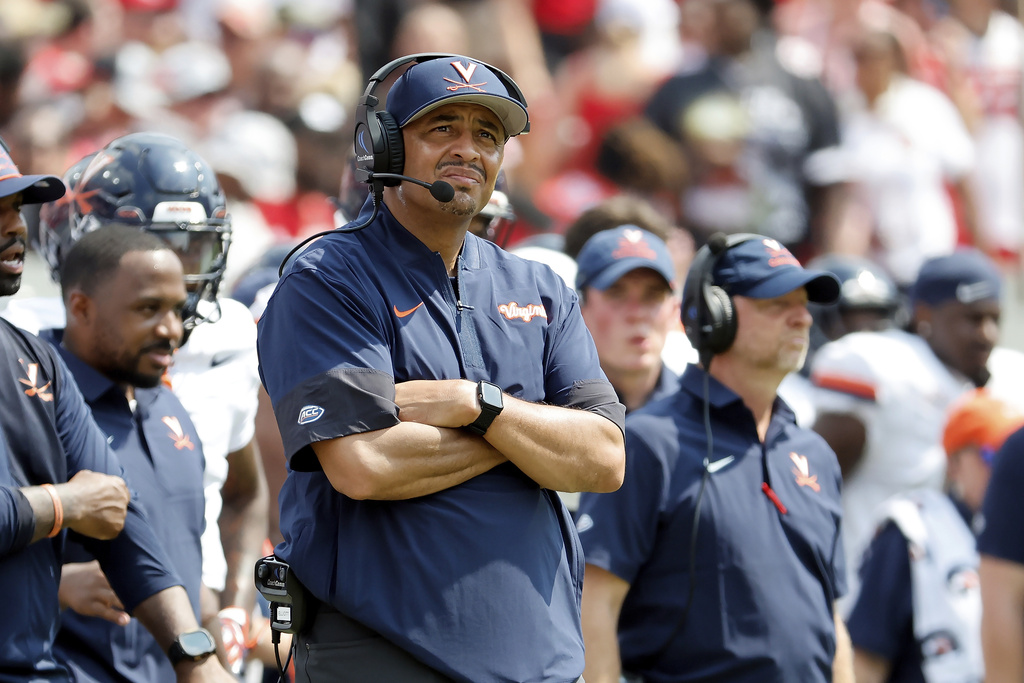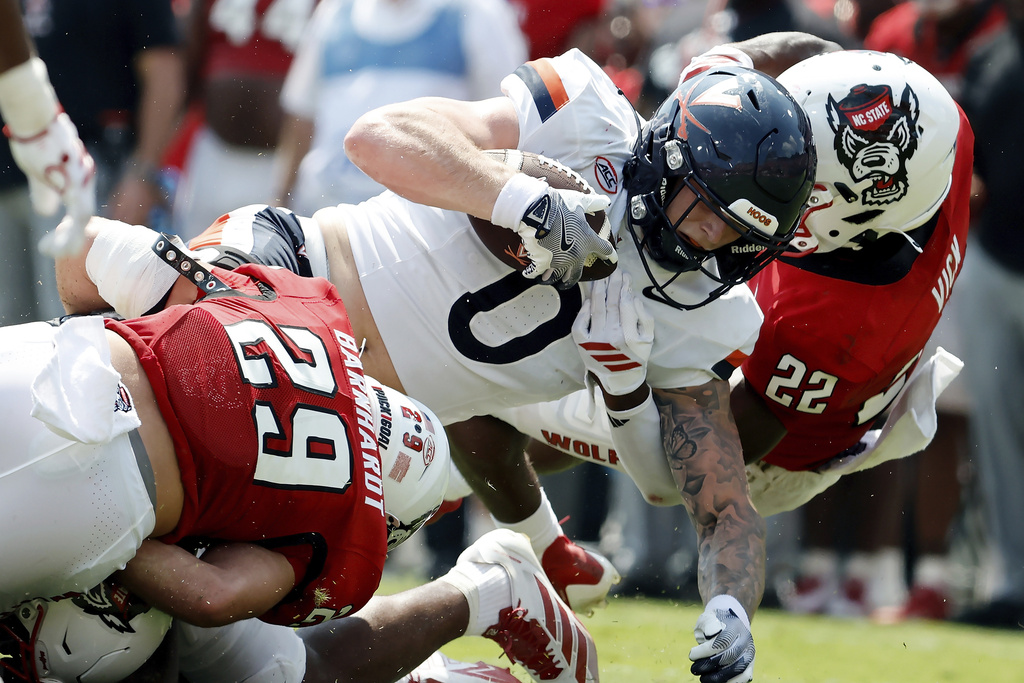CHARLOTTESVILLE, VA (CVILLE RIGHT NOW) – University of Virginia School of Medicine researchers have received a $2.3 million grant from the U.S. Department of Defense to test whether a cutting-edge magnetic resonance imaging (MRI) scanner can identify now-undetectable brain injuries in soldiers exposed to blasts.
Previous research studies have shown blast exposures may create distinct brain scarring caused by nervous system cells called astrocytes, said James R. Stone, MD, PhD, the UVA Health radiologist leading the research team. However, this scarring can only be seen after a patient’s death, when the brain can be examined under a microscope.
If this new MRI scanner – recently installed at UVA’s Fontaine Research Park – can spot the brain scarring, it could lead to a new imaging test to identify brain changes caused by blast-related injuries. This could help better diagnose service members with blast-related brain injuries whose routine brain imaging scans comes back normal; guide the development of new treatments; and determine what level of blast exposure is unsafe for military personnel.
“Repeated low-level blast exposure poses a significant risk to our service members,” Stone said. “With advanced MRI, we hope to move beyond the limitations of standard scans to detect the subtle brain changes caused by these exposures. Our ultimate goal is to speed up diagnosis and ensure service members get the care and protection they deserve.”
How Blast Exposures Affect the Brain
This study is the latest effort from Stone and his research partners in the military and other academic health systems seeking to better understand and quantify how repeated blast exposures, which are a regular part of military training and combat, affect the brain over time. Earlier research studies have shown that regular, low-level exposures can cause cumulative brain injuries and subtle but meaningful changes in brain function.
In the three-year study – scheduled to begin later this year – 60 service members with varying levels of blast exposure will be scanned as well as undergo a series of neuropsychological tests. UVA School of Medicine researchers will lead the trial with partners from the Naval Medical Research Command.
The trial’s aim, Stone said, is to be able to more quickly identify and provide treatment options for service members who have been exposed to blasts. Finding those types of life-changing solutions is precisely the mission of UVA’s new Paul and Diane Manning Institute of Biotechnology.



